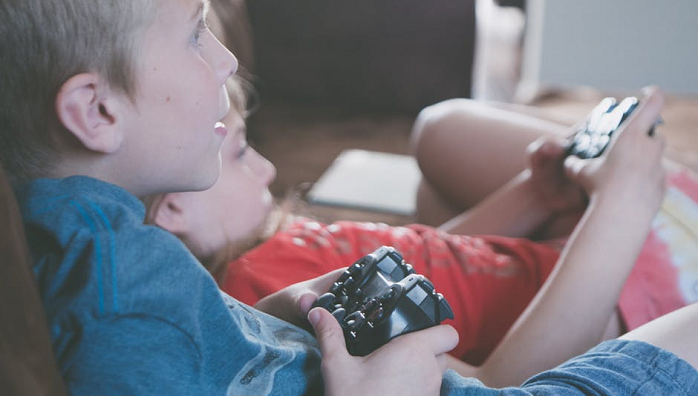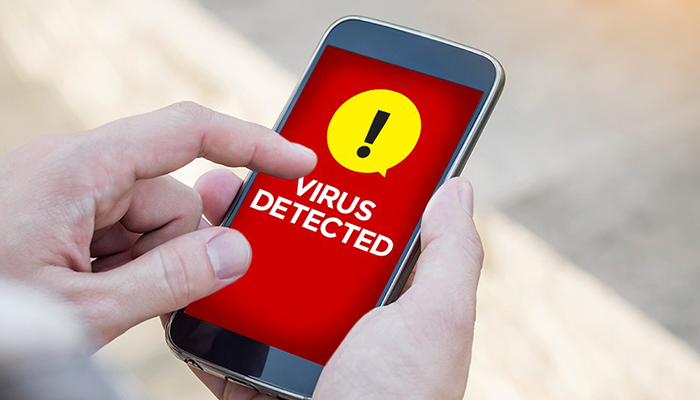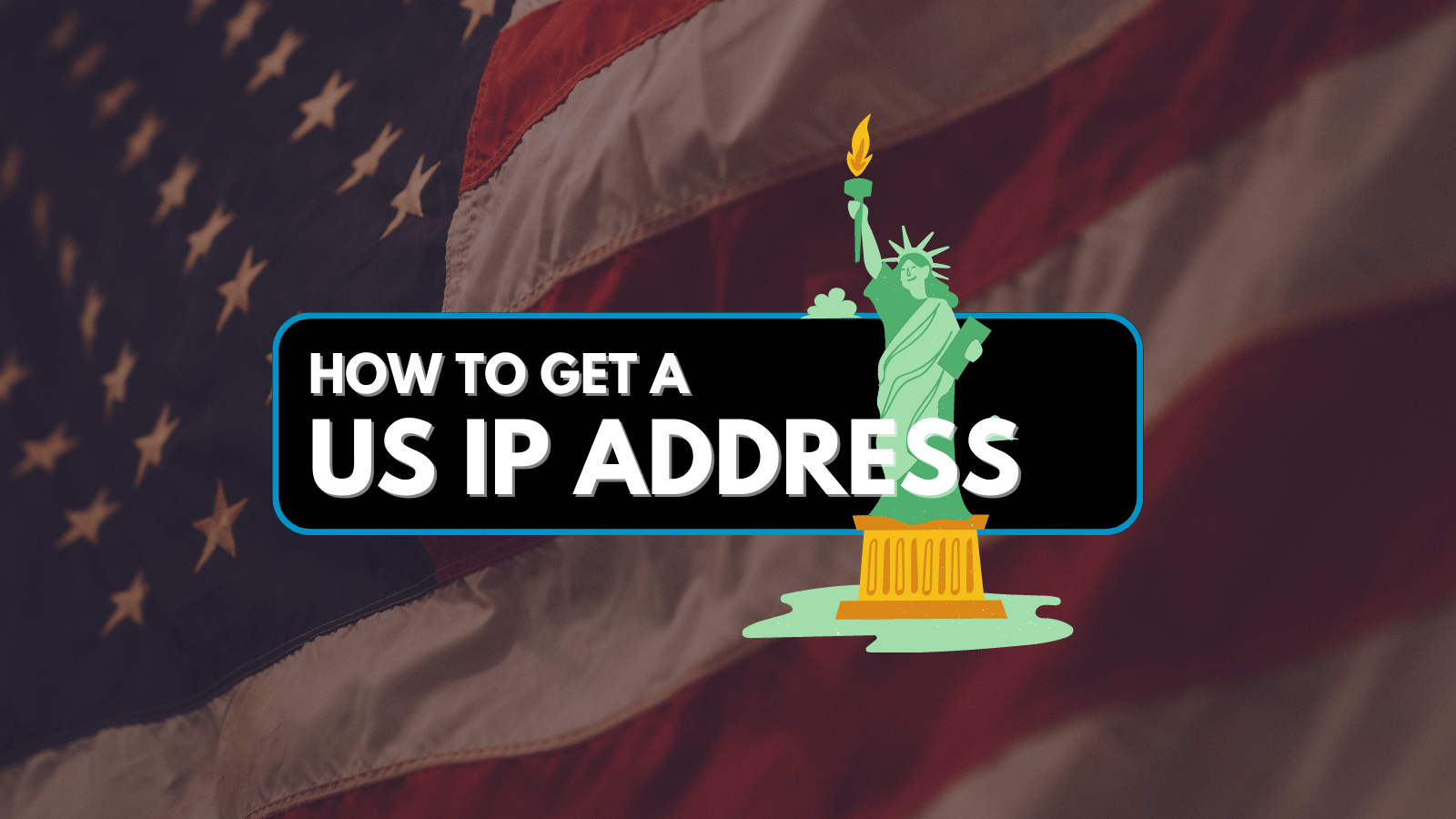
Not Just Fun and Games: the Dangers of Online Gaming
Do you remember the good old days of playing videos games together on the couch? Before there were the internet and online gaming, multiplayer consisted of plugging a bunch of controllers into your console and playing in split-screen mode.
For PC gamers, we always had the venerable LAN party. Someone always owned a network switch and soon the room was filled with PCs all hooked up and playing Diablo II or Quake.
Those days seem to be over now. While games themselves are better than ever, playing with friends in the same room is virtually a thing of the past. I don’t even know why you can hook up more than one controller to a modern console since almost all games don’t have couch-based multiplayer anymore. Not even racing games! Not it’s all about online gaming.
Online giants such as Call of Duty and Battlefield rake in cash by the millions. All over the world people of all ages are glued to their TV, shooting and yelling at each other in virtual battlefields. Clearly, people are having a ton of fun doing this, but online gaming is more than just a harmless pastime. Just like any popular online activity, it comes with a whole list of potential dangers. Here are some of the most important entries on that list.
Cyberbullying
I’ve written about online bullying before, but it is a prominent problem in the world of online gaming. It’s not just children that are a victim of this bullying, but also adults. Bullying can take many forms. It can be done by people the victim knows in real life or by strangers. A player may be targeted for any reason. Perhaps they performed poorly or come across as timid. Online gaming seems to be particularly toxic because of the competitive aspect of it.
Constant harassment, exclusion, insults and other similar acts are all forms of bullying. Victims of cyberbullying often don’t want to tell anyone about it, but you may notice a change in behavior. They might not want to play their favorite game anymore, get depressed or act out in some way.
If you yourself are the victim of cyberbullying it’s a good idea to speak to someone. There are also plenty of anti-bullying hotlines all over the world, which you can find via Google. If you notice negative changes in your child, you might want to ask them if they are having problems with other players online.
Privacy Issues
Image Courtesy Of MySMN
I’ve written about how to secure the privacy holes in both the new Xbox and PlayStation, but beyond the privacy issues you can solve with a click, there are a few privacy dangers related to gaming specifically.
The most important thing for both child and adult gamers is to never give out their real name, location or other personal information. You should only engage in voice chat with people that you know in real life. Be careful about how much you share with other players online. It can feel like chatting with your friends, but strangers probably shouldn’t know things such as where you work or other intimate details about your life. This could increase the chances of identity theft or a hack using information that could be linked to a security question. It goes without saying that you should not use your real name as your gamer handle either.
Child Predators
Although gaming has grown up and everyone enjoys the hobby, that doesn’t mean it’s not an especially easy place to get in contact with kids. Since adults and children play the same games, it means kids may start to think of some frequent adult online players as friends. With this false trust in place, predators might use it to expand contact with private chat rooms, where they can begin to manipulate their victims.
If you have kids who play online it’s important to warn them about adults who might seem like friends, but they should never meet or send photos to.
Scams
Wherever there’s something both online and popular, you are going to find scammers. Some scams involve tricking people into giving their gaming username and password to someone else. In massive online role-playing games, some people offer to level up characters or grind for in-game currency. It’s always against policy, but often it’s not a sincere offer in the first place. The scammers just want to steal the account.
Platforms like Steam often allow for the trade of items. Some scams involve offering to pay someone for an item when the platform doesn’t allow for cash sales. So you transfer the item and just never get paid. One fairly new scam fools you into running malicious code in World of Warcraft.
Other scams involve taking money for access to pirated games. Often with the victim none the wiser.
Be very wary of anyone trying to convince you to do something that requires you to trust them and has no way of securing a transaction. If a deal outside of an official online game store seems too good to be true, it probably isn't.
In-game Purchases, Loot Boxes and Stealth Gambling
The rise of mobile gaming has brought with it a dangerous scourge: in-app purchases. With just a tap or two, your credit card can be emptied in exchange for in-game currencies and thinly-disguised slot machines known as “loot boxes”.
A loot box is a paid-for digital item that contains in-game items. These can be perks, cosmetic additions for your character and more. Game publishers like EA entertainment have been slowly but surely pushing these boxes in their full-price games for a while now. In 2017 gamers had enough. Pushback started forcing companies to rethink their use of lot boxes. Some countries, such as Belgium and the Netherlands, have recognized that this is disguised gambling. They have now declared that loot boxes are illegal. Make sure your kids understand that in-app purchases and loot boxes should be discussed.
Gaming “Addiction”
When they speak of gaming “addiction” in the media, it’s not an entirely accurate way to describe what’s really happening. At the moment there is no recognized disorder specific to gaming. However, any activity can become an obsession that’s bad for the person involved. Online games can be a way for people to get social interaction that’s missing in their real lives. It can make people feel powerful. Being skilled at an online game can provide shots of brain chemicals that make us feel good. There are many reasons why games are enjoyed and people keep coming back. There’s nothing wrong with enjoying your hobby. However, if your online gaming habit is starting to hurt your life in other ways you may want to get help.
For example, slipping personal hygiene, missing work and not spending time with loved ones could all be signs of a problem.
Malware
When you buy an original video game from an online store or at a bricks-and-mortar outlet, you can be almost 100% sure that there’s nothing harmful in the software. However, if you download cheating software or use a hacked version of the game to play all bets are off. Hackers play on the greed of online gamers to get them to install patches and other software promising free stuff or dominance. These could contain trojans, viruses, keyloggers and other harmful software.
So first of all, don’t try to cheat or steal video games. If you can’t refrain from that, at least run an anti-malware scan on any dubious software before you run it.
Swatting
I’ve left the most dangerous thing for last: swatting. This horrible practice sees online gamers call in fake reports to police, so that they will raid another gamer’s house. Usually, this is the result of "doxxing" where the real name and address of a gamer is found. Gamers who livestream their play time are especially vulnerable.
Apart from the fact that this is super illegal, it can also be deadly. In December of 2017, an entirely innocent man was shot and killed by police, all thanks to swatting. The swatter is already in jail and two other gamers might be joining him.
This is why it's important to always keep your personal details private. Once someone knows your name and address they can do all sorts of truly nasty things to you.
Always Look on the Bright Side
Most of these dangers sound pretty scary - and they are! The good news is that you don’t have to be a victim of any of them. Online gaming is a wonderful pastime and a great social outlet. It represents a new generation of entertainment and fun. However, just like everything else in life you have to do it responsibly. If you don’t have at least a little caution you might end up having no fun at all. Instead, you could be in for a really bad time.

















